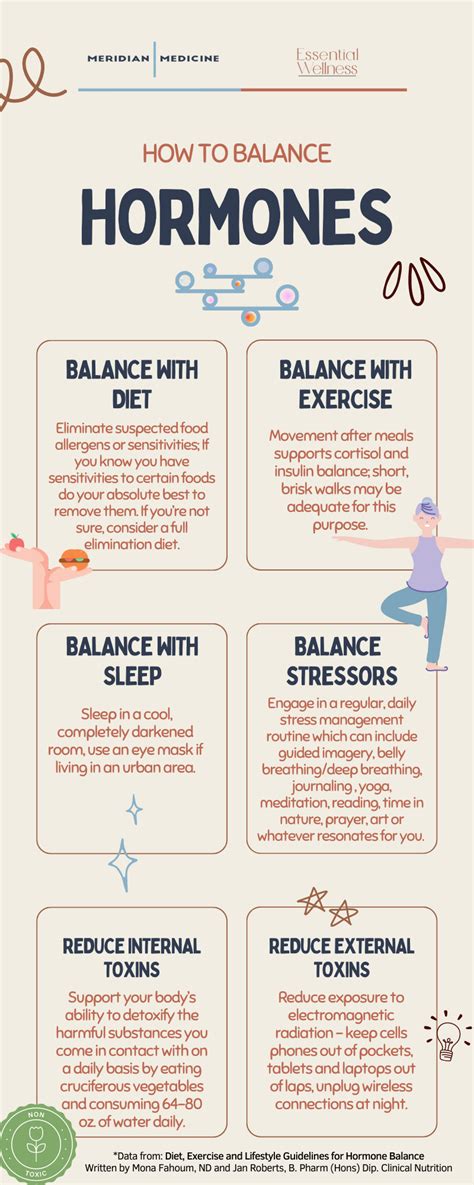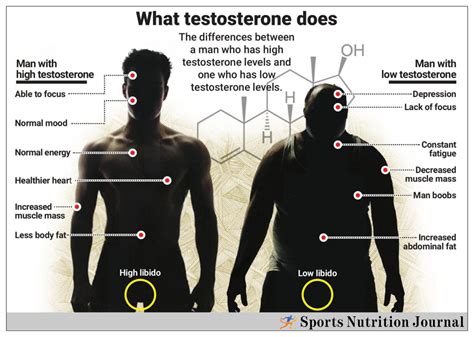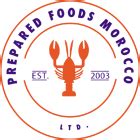Diet for optimal testosterone & performance: What foods boost it?

Optimal testosterone levels are crucial not just for men’s health, but for anyone looking to maximize their physical and mental performance. Testosterone impacts muscle growth, bone density, mood, libido, energy levels, and even cognitive function. While factors like age, genetics, and lifestyle play a significant role, your diet stands as a powerful, controllable lever in naturally supporting and optimizing your hormone production.
Understanding Testosterone & Nutritional Impact
Testosterone synthesis is a complex biochemical process that relies on a steady supply of specific macronutrients and micronutrients. Think of your body as a sophisticated factory: without the right raw materials, it can’t produce its products efficiently. A diet lacking in key vitamins, minerals, or healthy fats can hinder this process, potentially leading to suboptimal testosterone levels and a decline in overall performance.

Essential Macronutrients for Hormone Synthesis
Each macronutrient group plays a distinct role in supporting testosterone and performance:
- Healthy Fats: Far from being the enemy, healthy fats are absolutely critical. Cholesterol, derived from dietary fats, is the primary precursor for all steroid hormones, including testosterone. Monounsaturated fats (MUFAs) and saturated fats (SAFAs) in moderation are vital.
- Quality Protein: Adequate protein intake is essential for muscle repair, growth, and overall cellular function, all of which indirectly support a healthy hormonal environment.
- Complex Carbohydrates: While low-carb diets are popular, sufficient complex carbohydrates provide the energy needed for intense workouts and help prevent the body from entering a catabolic state, which can negatively impact testosterone by raising cortisol levels.
Micronutrients That Power Testosterone Production
Beyond macros, certain vitamins and minerals are direct co-factors or regulators in testosterone pathways:
- Vitamin D: Often considered a pro-hormone, Vitamin D receptors are found on Leydig cells in the testes, which are responsible for testosterone production. Studies show a positive correlation between sufficient Vitamin D levels and higher testosterone.
- Zinc: This essential mineral is crucial for numerous enzymatic processes, including testosterone synthesis. Zinc deficiency has been directly linked to reduced testosterone levels and impaired athletic performance.
- Magnesium: Research suggests that magnesium supplementation can increase both total and free testosterone levels, especially in physically active individuals. It helps reduce oxidative stress and inflammation, supporting overall hormonal health.
- B Vitamins & Antioxidants: These support energy metabolism, reduce oxidative damage, and contribute to overall cellular health, creating an optimal environment for hormone production.

Top Foods to Incorporate for a Testosterone Boost
Building your plate with these nutrient-dense options can make a significant difference:
- Fatty Fish (Salmon, Mackerel, Tuna): Rich in Omega-3 fatty acids and Vitamin D.
- Eggs: The yolks are packed with healthy cholesterol, Vitamin D, and selenium.
- Oysters & Shellfish: Among the best dietary sources of zinc.
- Leafy Green Vegetables (Spinach, Kale, Swiss Chard): High in magnesium and various antioxidants.
- Avocados: Excellent source of monounsaturated fats, Vitamin E, and potassium.
- Nuts & Seeds (Almonds, Brazil nuts, Pumpkin seeds): Provide healthy fats, zinc, magnesium, and selenium.
- Berries & Colorful Fruits: Loaded with antioxidants to combat oxidative stress and inflammation.
- Lean Red Meat: A good source of protein, zinc, and healthy fats (in moderation).

Foods to Limit or Avoid for Optimal Hormone Health
Just as important as what you eat is what you limit or avoid:
- Processed Foods & Sugary Drinks: High in refined sugars and unhealthy fats, they contribute to inflammation, insulin resistance, and weight gain, all detrimental to testosterone levels.
- Excessive Alcohol: Chronic or heavy alcohol consumption can disrupt liver function, increase estrogen, and directly inhibit testosterone production.
- Trans Fats: Found in many fried and processed foods, trans fats are harmful to cardiovascular health and can negatively impact hormone synthesis.
- Excess Soy Products: While fermented soy in moderation is generally fine, high intake of unfermented soy products contains phytoestrogens that some research suggests could impact hormone balance, although evidence is mixed and often dose-dependent.

Beyond Diet: Lifestyle Factors for Peak Performance
Diet is a cornerstone, but a holistic approach yields the best results:
- Adequate Sleep: Testosterone production largely occurs during sleep, especially REM and deep sleep cycles. Aim for 7-9 hours of quality sleep per night.
- Regular Exercise: Strength training, high-intensity interval training (HIIT), and even moderate cardio can significantly boost natural testosterone production.
- Stress Management: Chronic stress elevates cortisol, a hormone that can directly suppress testosterone. Incorporate stress-reducing activities like meditation, yoga, or spending time in nature.

Conclusion
Optimizing testosterone levels and enhancing overall performance isn’t about magic pills or restrictive diets; it’s about a consistent, balanced approach to nutrition and lifestyle. By focusing on whole, nutrient-dense foods rich in healthy fats, quality proteins, complex carbohydrates, and vital micronutrients like Vitamin D, Zinc, and Magnesium, you can naturally support your body’s hormone production. Combine this with sufficient sleep, regular exercise, and effective stress management, and you’ll be well on your way to experiencing improved energy, strength, mood, and overall vitality.








